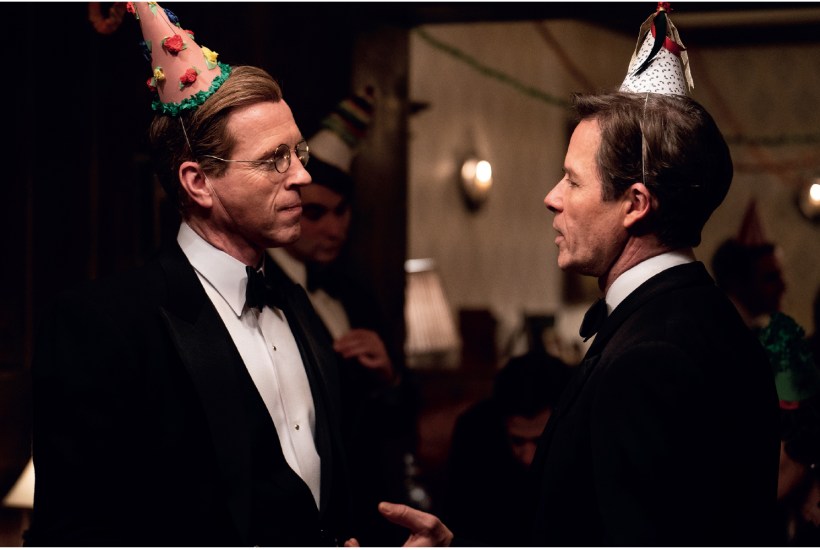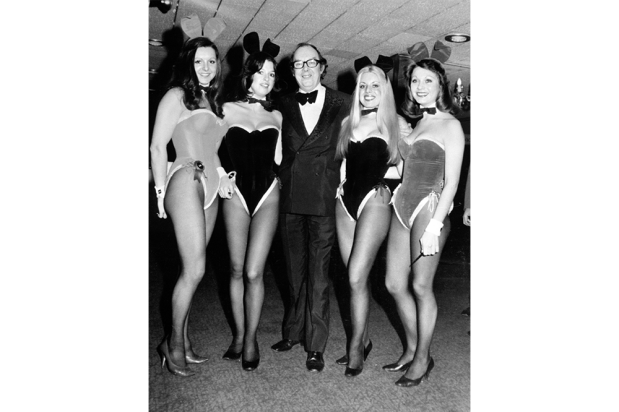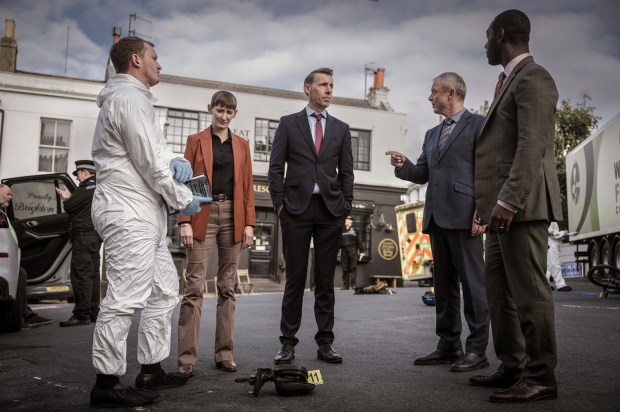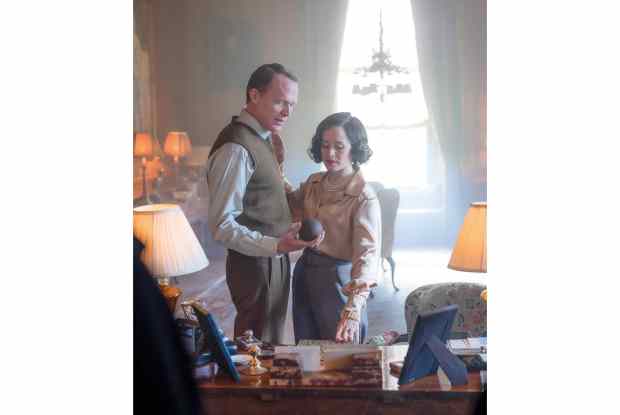In 2014, Ben Macintyre presented a BBC2 documentary based on his book A Spy Among Friends: Kim Philby and the Great Betrayal. The programme managed to shed new light on a familiar but still irresistible story by concentrating on Philby’s relationship with his old chum – and fellow Cambridge man – Nicholas Elliott. Elliott was sent in 1963 by the Secret Intelligence Service (SIS) to question Philby in Beirut where Philby had become the Observer’s foreign correspondent after a long and successful career betraying his countrymen to the Soviets. Elliott did elicit some sort of confession, but a few days later, Philby absconded to Moscow. So had Elliott helped with the escape a) to save his friend; b) to spare British blushes by avoiding a public trial; or c) had he not had a hand in it at all?
Ultimately, Macintyre didn’t commit himself – presumably on the solid grounds that nobody really knows. There was, however, no mistaking his central point: that the unshakable class assumptions of the British establishment made them unable to believe ‘a chap like us’ could be a wrong ’un. Amplifying this point were some slightly half-hearted dramatic reconstructions in which Elliott and Philby demonstrated how posh they were.
Now the same book is given more full-throated dramatic treatment, and an all-star cast, in ITV1’s A Spy among Friends, also available on ITVX (although, in my experience, this is not so much a streaming service as an endlessly buffering one). So it is that here we have Damian Lewis as Elliott and Guy Pearce as Philby demonstrating how posh they were – in Sunday’s opener by such cunning methods as wearing cricket whites, exuding patrician unflappability and drinking pink gin in London clubs.
Or at least they did in flashback. In the 1963 scenes, they mostly spent their time being questioned: Philby by his new Russian hosts, wary that he’d been flipped; Elliott by Lily Thomas (Anna Maxwell Martin), who’s purely – and, in the end, somewhat awkwardly – fictional.
An opening caption duly informed us that some characters have been ‘created for dramatic purposes’. More than ever, though, this felt two letters out, because the purposes here are surely dogmatic. Lily, you see, is a no-nonsense working-class woman married to a saintly black doctor. On Sunday, she was also given the honour of delivering the author’s message, just in case we missed it in every other scene. ‘The SIS’s real enemy,’ she explained, ‘is a change to the status quo that might threaten the existence of the club.’
Which points to the chief problem with the show. The acting and period details are unfailingly classy. Yet the script always feels as much in thrall to our class assumptions as the post-war British establishment was to theirs. Indeed, you could even argue that, faced with a world tragically short of feisty Geordie women in positions of power, the makers have decided to cancel real life.
After two episodes, Then You Run is shaping up as a nicely intriguing thriller, if a rather improbable one, and with wild oscillations between sweet and nasty.
Accompanying some so-far unexplained scenes of a German serial killer in ferociously effective action, the main plot concerns four British teenage girls on a trip to Rotterdam which, it’s fair to say, isn’t going well. The plan was to spend two weeks with the estranged father of one of them, Tara, who at first appeared to have reunited with a dream dad, both kindly and rich. But that was before she discovered he was a drug-dealer and had lied to her about her mother’s death. Whereupon she killed him and stowed his body in his freezer.
Her would-be wild-child friend Stink then made the ill-advised decision to steal his impressive stash of heroin and sell it to some local youths – the trouble being that the dead man had an even more sinister brother, Reagan, who has found out what Stink is up to and has vowed to slaughter everybody involved.
In the circumstances, the girls could have been forgiven for being a little shaken. These four continued to exchange banter, stole a flashy car and headed off down the motorway singing along to the radio. Until that is, Uncle Reagan texted them a photo of what he’d just done to one of those local youths.
So is this a serial-killer drama? A paean to young female friendship? A particularly weird version of Derry Girls, with, for example, Stink in the Michelle role? A particularly violent version of The Famous Five in which the plucky kids outwit the grown-ups? The answer, I suspect, is that it’s meant to be an entertaining and seamless combination of them all – in which case the mission is half-accomplished. It’s hard to deny that the show is a frankly deranged blast but it’s also not easy to think of another TV programme whose seams are quite so visible.
Got something to add? Join the discussion and comment below.
Get 10 issues for just $10
Subscribe to The Spectator Australia today for the next 10 magazine issues, plus full online access, for just $10.
You might disagree with half of it, but you’ll enjoy reading all of it. Try your first month for free, then just $2 a week for the remainder of your first year.














Comments
Don't miss out
Join the conversation with other Spectator Australia readers. Subscribe to leave a comment.
SUBSCRIBEAlready a subscriber? Log in